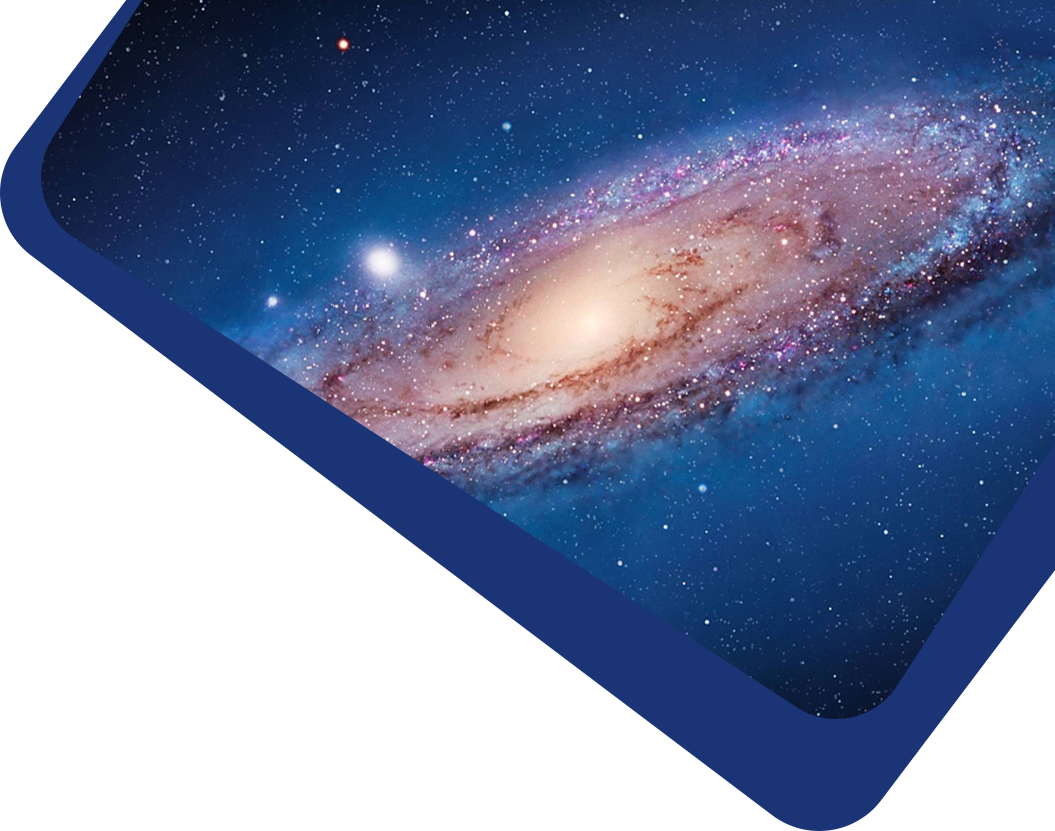

The error propagation among estimated parameters reflects the correlation among the parameters. We study the capability of machine learning of "learning" the correlation of estimated parameters. We show that machine learning can recover the relation between the uncertainties of different parameters, especially, as predicted by the error propagation formula. Gravitational lensing can be used to probe both astrophysics and cosmology. As a practical application, we show that the machine learning is able to intelligently find the error propagation among the gravitational lens parameters (effective lens mass ML and Einstein radius θE) in accordance with the theoretical formula for the singular isothermal ellipse (SIE) lens model. The relation of errors of lens mass and Einstein radius, (e.g., the ratio of standard deviations
 ) predicted by the deep convolution neural network are consistent with the error propagation formula of the SIE lens model. As a proof-of-principle test, a toy model of linear relation with Gaussian noise is presented. We found that the predictions obtained by machine learning indeed indicate the information about the law of error propagation and the distribution of noise. Error propagation plays a crucial role in identifying the physical relation among parameters, rather than a coincidence relation, therefore we anticipate our case study on the error propagation of machine learning predictions could extend to other physical systems on searching the correlation among parameters.
) predicted by the deep convolution neural network are consistent with the error propagation formula of the SIE lens model. As a proof-of-principle test, a toy model of linear relation with Gaussian noise is presented. We found that the predictions obtained by machine learning indeed indicate the information about the law of error propagation and the distribution of noise. Error propagation plays a crucial role in identifying the physical relation among parameters, rather than a coincidence relation, therefore we anticipate our case study on the error propagation of machine learning predictions could extend to other physical systems on searching the correlation among parameters.
Key words: gravitational lensing: strong – methods: data analysis – Galaxy: fundamental parameters
There are currently no refbacks.
It accepts original submissions from all over the world and is internationally published and distributed by IOP